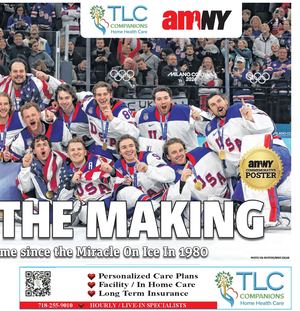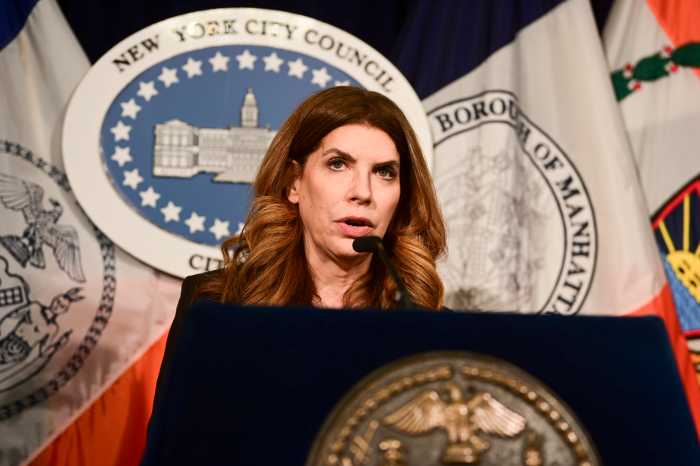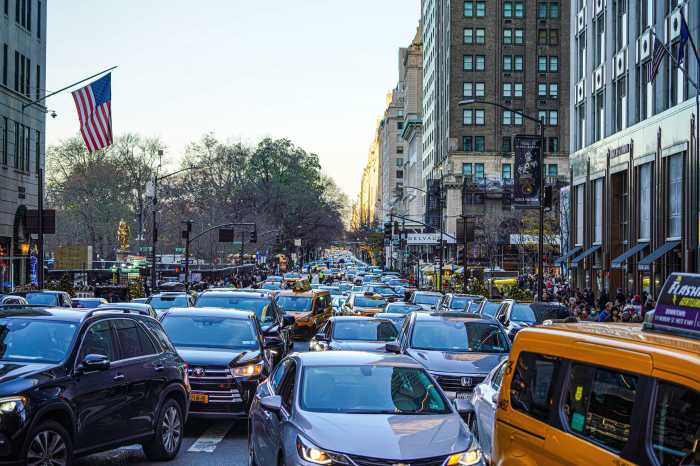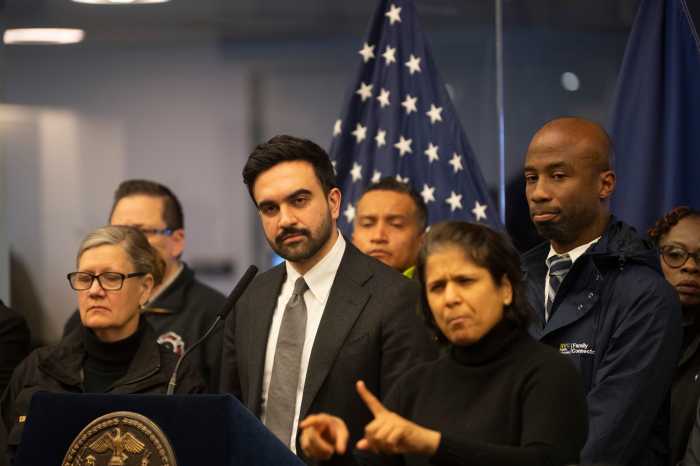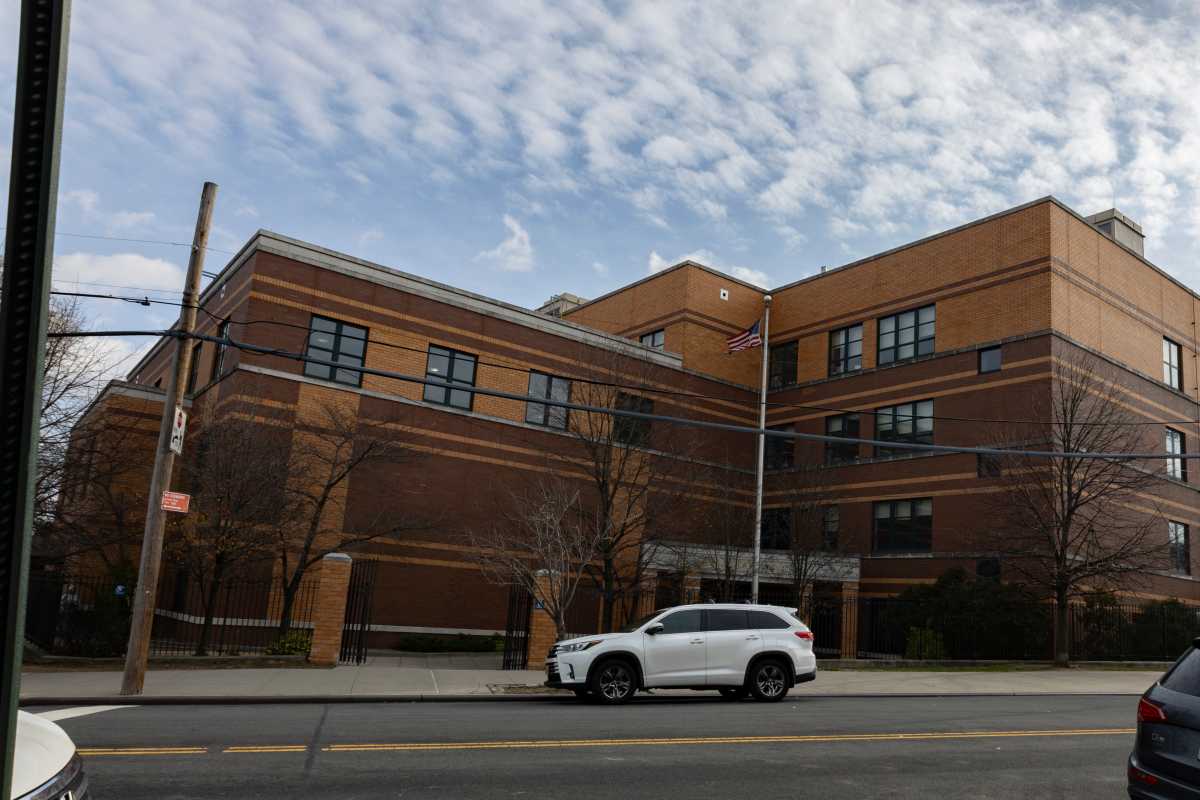While all New Yorkers struggle with rising food costs, for older people living on fixed incomes, persistent inflation and threatened funding cuts are eroding the safety nets they rely on. As these economic pressures mount, one question becomes increasingly urgent for vulnerable older New Yorkers: will they have enough to eat tomorrow?
Today, during Older Americans Month, 1 in 10 New Yorkers over age 60 face food insecurity—meaning they lack reliable access to affordable, nutritious food. For homebound older adults who rely on home-delivered meal programs like ours, that number jumps to 60%, with two thirds living on less than $15,000 annually and making impossible choices between food, rent, and medicine. A recent report found that older adult poverty in NYC increased nearly 50% in the last decade while the older adult population grows faster than any other demographic.
Behind these statistics are real people with familiar stories. Take Julia, who was forced into early retirement after suffering a stroke. Unable to pay rent, she moved in with her elderly mother who was battling cancer. Times were hard enough before losing a job she loved and becoming her mother’s caregiver. Today, it’s even harder to make ends meet and Julia depends on home-delivered meals. Without the home-delivered meals Julia relies on, she and thousands of older New Yorkers like her would face even deeper food insecurity.
That’s why Citymeals on Wheels provides 2 million meals a year to 22,000 people across all five boroughs. These meals are essential for older people who lack the means to shop or cook for themselves. Still, our recipients frequently tell us these meals are “appreciated, but not enough.” With more than 30% of our meal recipients receiving no Social Security benefits at all, they need more comprehensive support to get by during these economically uncertain times.
Now, with mounting federal threats to programs serving older Americans, their situation becomes even more precarious. Cuts to SNAP and Medicaid risk eroding services that have supported older people for decades. Food programs like home-delivered meals, food pantries, and grocery deliveries are more critical than ever before.
The current federal program, established in 1965, only funds one meal a day, five days a week for older Americans—drastically insufficient for their real needs. That’s why we support the City Council’s bill to ensure one city-funded meal every day of the week. Older New Yorkers deserve a safety net that shields them from hunger, ensuring consistent access to food regardless of changing federal priorities.
A comprehensive approach to elder hunger improves health outcomes, creates economic stability, and makes fiscal sense for our city. The simple truth is that malnutrition causes serious health problems that require costly care and hospitalizations. Yet, a full year of home-delivered meals costs the equivalent of just one month in a nursing facility or one week in a hospital. The outcomes speak for themselves: nearly 90% of recipients report that meals help them remain in their homes and improve their health, reducing the overall cost of care.
With more comprehensive nutritional support as a foundation, Citymeals can focus on innovative programs that deliver additional food in diverse ways to help bridge the food security gap for older New Yorkers. Our Breakfast Box program, for example, provides a second daily meal to those most at risk of malnutrition. The program is extremely popular: 91% of recipients report worrying less about grocery shopping and 80% worry less about food preparation. Importantly, they say the Breakfast Box saves them about $60 a month on food costs—money they can use elsewhere.
This moment demands both immediate action in the current budget cycle and long-term planning to reach our goal of ending elder hunger by 2040. With more older New Yorkers living in poverty than ever, the City needs to protect against elder hunger, especially if government programs like Social Security, SNAP, and Medicaid face disruptions.
Older New Yorkers deserve to live without the constant anxiety of wondering where their next meal will come from. By delivering more food, we help make a limited household budget go further and ensure that even in uncertain times, our meal recipients have the stability they deserve.
That’s why we need an all-hands-on-deck approach. By partnering with the City as we have for over 40 years in new and innovative ways we can end elder hunger. Hungry older New Yorkers are counting on us.
Beth Shapiro is the CEO of Citymeals on Wheels.
